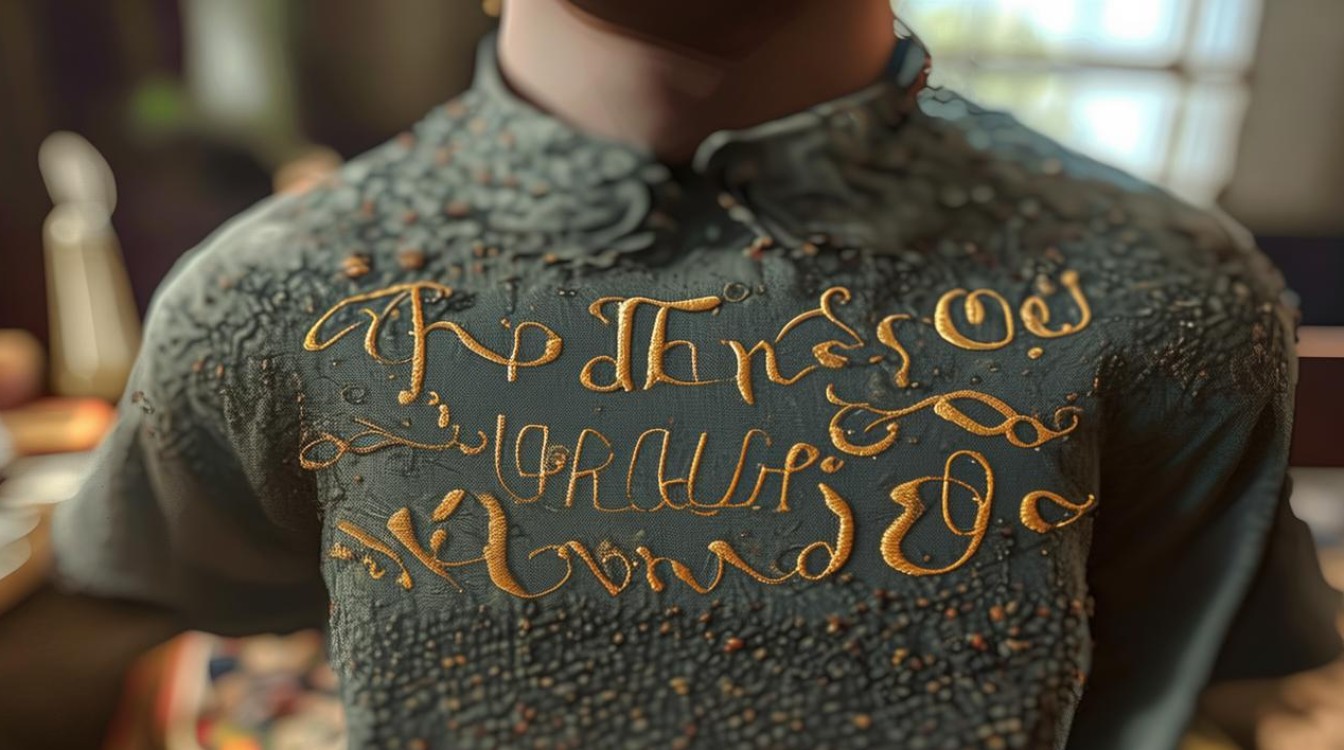英语学习过程中,许多单词看似简单,却容易用错,有些表达方式在中文思维里成立,但直接翻译成英文却不符合母语者的习惯,以下是常见易错单词和短语,掌握它们能避免尴尬,提升表达的准确性。

"Open the light" 还是 "Turn on the light"?
中文常说“开灯”,但英文不能用“open the light”。“Open”通常用于打开物理空间,如门、窗、盒子,电器的开关要用“turn on”或“switch on”。
✅ 正确说法:
- Turn on the light(开灯)
- Switch on the TV(打开电视)
❌ 错误说法:
- Open the light
- Open the TV
"I very like it" 的问题
中文可以说“我非常喜欢”,但英文不能用“very like”,副词“very”不能直接修饰动词,必须搭配形容词或副词。
✅ 正确说法:
- I really like it.
- I like it very much.
❌ 错误说法:
- I very like it.
"Play the phone" 还是 "Use the phone"?
中文习惯说“玩手机”,但英文不能用“play the phone”。“Play”通常用于游戏、乐器或运动,而手机的使用应该用“use”或“check”。
✅ 正确说法:
- Use the phone(使用手机)
- Check my phone(看手机)
❌ 错误说法:
- Play the phone
"I am boring" 还是 "I am bored"?
“Boring”和“bored”都是形容词,但意思完全不同。“Boring”指事物本身无聊,“bored”指人感到无聊。
✅ 正确说法:
- I am bored.(我感到无聊。)
- This movie is boring.(这部电影很无聊。)
❌ 错误说法:

- I am boring.(意思是“我这个人很无趣”)
"Go to shopping" 还是 "Go shopping"?
中文常说“去购物”,但英文不能说“go to shopping”。“Go shopping”是固定搭配,中间不加“to”。
✅ 正确说法:
- Go shopping
- Go swimming(去游泳)
❌ 错误说法:
- Go to shopping
"Heavy rain" 还是 "Strong rain"?
形容大雨时,中文可能说“雨很大”,但英文不能用“strong rain”,而要用“heavy rain”。
✅ 正确说法:
- Heavy rain(大雨)
- Light rain(小雨)
❌ 错误说法:
- Strong rain
"Give you" 还是 "Here you are"?
中文常说“给你”,但英文直接说“give you”显得生硬,更自然的表达是“Here you are”或“Here it is”。
✅ 正确说法:
- Here you are.(给你。)
- Here’s your coffee.(这是你的咖啡。)
❌ 错误说法:
- Give you.
"I forgot my wallet at home" 还是 "I left my wallet at home"?
“Forget”指忘记某件事,而“leave”指把物品落在某处,钱包没带,应该用“left”。
✅ 正确说法:
- I left my wallet at home.
- I forgot to bring my wallet.(我忘记带钱包了。)
❌ 错误说法:

- I forgot my wallet at home.
"How to say?" 还是 "How do you say?"
中文思维可能直接问“怎么说?”,但英文不能直接用“How to say”,必须加上助动词。
✅ 正确说法:
- How do you say this in English?
- What’s the word for this?
❌ 错误说法:
- How to say?
"I have a question to ask you" 的冗余
中文常说“我有一个问题要问你”,但英文“I have a question to ask you”显得啰嗦,直接说“I have a question”更自然。
✅ 正确说法:
- I have a question.
- Can I ask you something?
❌ 错误说法:
- I have a question to ask you.
"High salary" 还是 "Big salary"?
形容薪水高时,中文可能说“工资很高”,但英文不能用“big salary”,而要用“high salary”。
✅ 正确说法:
- High salary(高薪)
- Low salary(低薪)
❌ 错误说法:
- Big salary
"I am exciting" 还是 "I am excited"?
“Exciting”指事物令人兴奋,“excited”指人感到兴奋。
✅ 正确说法:
- I am excited.(我感到兴奋。)
- This game is exciting.(这个游戏很刺激。)
❌ 错误说法:

- I am exciting.(意思是“我这个人很令人兴奋”)
"See a doctor" 还是 "Look a doctor"?
中文说“看医生”,但英文不能用“look a doctor”,而要用“see a doctor”。
✅ 正确说法:
- See a doctor(看医生)
- Visit a doctor(看医生)
❌ 错误说法:
- Look a doctor
"I am difficult" 还是 "It is difficult for me"?
中文可能说“我很难”,但英文不能用“I am difficult”,因为“difficult”形容事物,不形容人。
✅ 正确说法:
- It’s difficult for me.(这对我来说很难。)
- I find it hard.(我觉得很难。)
❌ 错误说法:
- I am difficult.(意思是“我这个人很难相处”)
"Welcome you" 还是 "You are welcome"?
中文常说“欢迎你”,但英文直接说“welcome you”不自然,更常用“You are welcome”或“Welcome to...”。
✅ 正确说法:
- You are welcome here.
- Welcome to our store!
❌ 错误说法:
- Welcome you.
英语表达习惯与中文不同,许多看似合理的直译其实不符合母语者的用法,多听、多读、多模仿,才能避免这些常见错误。

